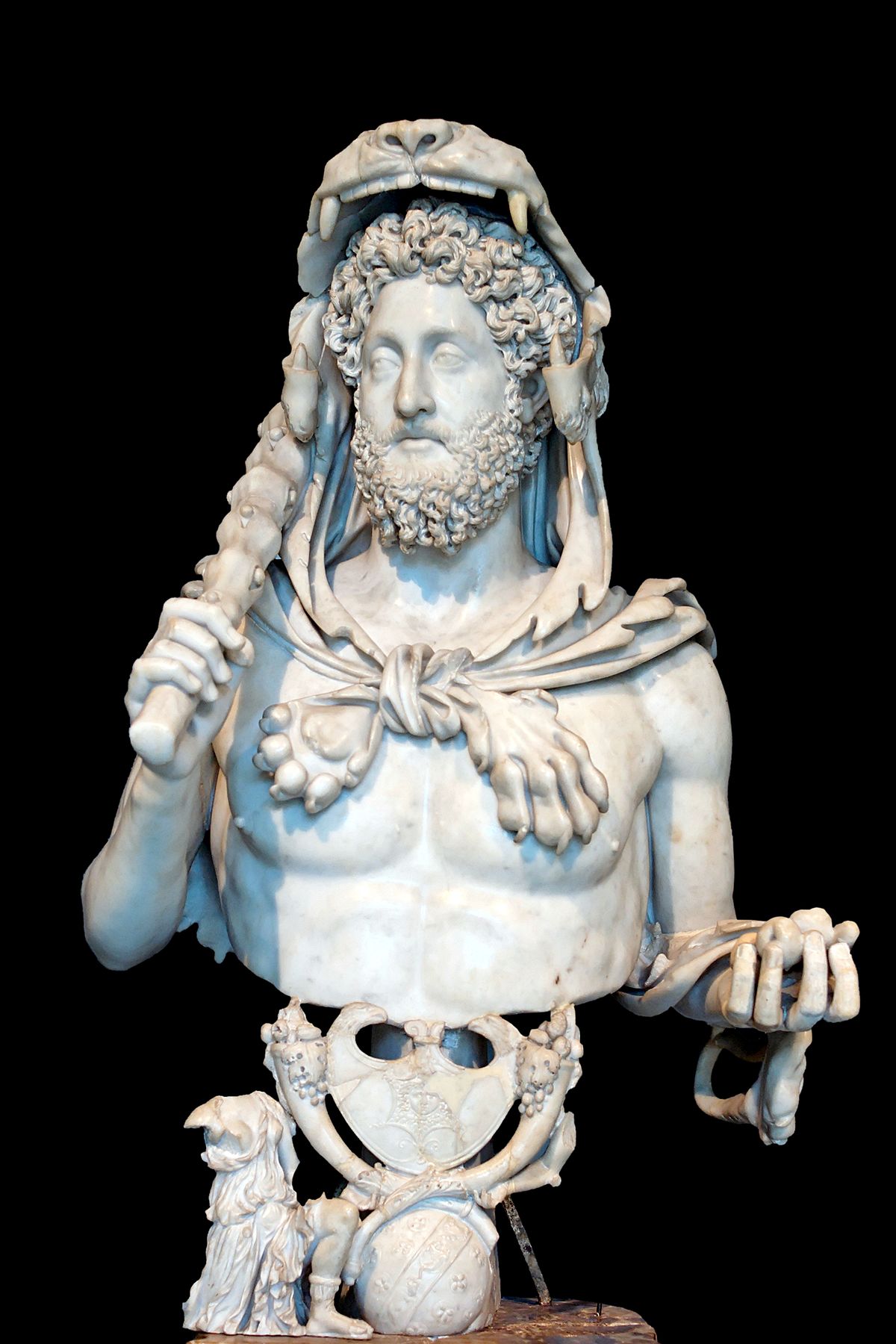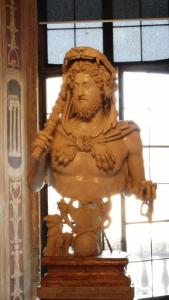M. Cornelius Fronto to Marcus Aurelius (c. 139 CE)
“I believe that a lack of experience and learning is completely preferable in all arts to partial experience and incomplete education. For one who knows that he has no experience in an art tries less and fails less thanks to that. In fact, such hesitation limits arrogance. But whenever anyone uses knowing something lightly as expertise he makes many mistakes because of false confidence.
So, people claim that it is better to never taste Philosophy than to sample it lightly, as it is said, with just the lips. Those men turn out to be the most malicious kind, who travel to a discipline’s entrance and turn away rather than going completely inside. It is still possible in other arts that you can play a part for a while and seem experienced in what you do not know. But in how to choose and arrange words, one shines through immediately when he cannot provide any words but those that show his ignorance of them, that he judges them poorly, provides them rashly, and cannot know either their usage or their strength.”
1. Omnium artium, ut ego arbitror, imperitum et indoctum omnino esse praestat quam semiperitum ac semidoctum. Nam qui sibi conscius est artis expertem esse minus adtemptat, eoque minus praecipitat; diffidentia profecto audaciam prohibet. At ubi quis leviter quid cognitum pro comperto | ostentat, falsa fiducia multifariam labitur. Philosophiae quoque disciplinas aiunt satius esse numquam adtigisse quam leviter et primoribus, ut dicitur, labiis delibasse, eosque provenire malitiosissimos, qui in vestibulo artis obversati prius inde averterint quam penetraverint. Tamen est in aliis artibus ubi interdum delitescas et peritus paulisper habeare quod nescias. In verbis vero eligendis conlocandisque ilico dilucet, nec verba dare diu quis1 potest, quin se ipse indicet verborum ignarum esse, eaque male probare et temere existimare et inscie contrectare, neque modum neque pondus verbi internosse.





